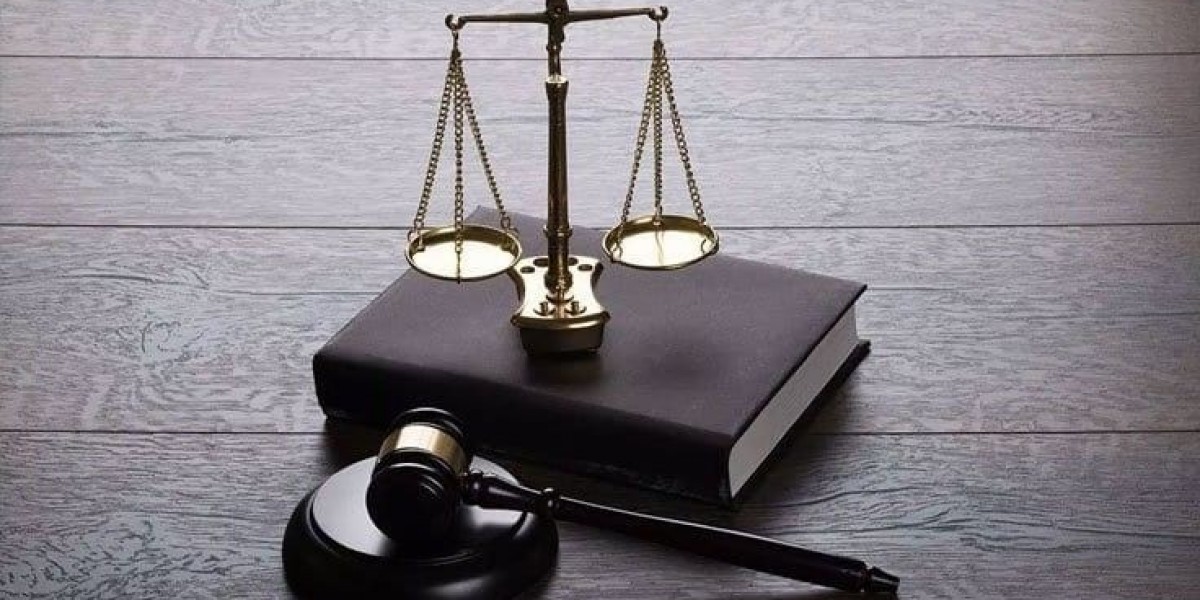Structure of the Criminal Justice System in Charlottesville
The criminal defense lawyer charlottesville va is composed of several key components: law enforcement, the courts, and corrections. Each component has distinct responsibilities but operates in a coordinated manner to ensure justice is served.
Law Enforcement: The Charlottesville Police Department (CPD) is responsible for enforcing laws, maintaining public order, and investigating crimes. Officers gather evidence, apprehend suspects, and work closely with other agencies, including state and federal law enforcement, to address crime comprehensively.
The Courts: The judicial system in Charlottesville includes the Charlottesville General District Court, which handles misdemeanors, traffic cases, and preliminary hearings for felonies, and the Charlottesville Circuit Court, which deals with felony cases, major civil cases, and appeals from the General District Court. Judges in these courts ensure that trials are conducted fairly, make rulings on legal issues, and impose sentences on convicted individuals.
Corrections: This component involves the management of individuals convicted of crimes, including their incarceration, rehabilitation, and reintegration into society. Facilities like the Albemarle-Charlottesville Regional Jail serve this purpose, while probation and parole services oversee offenders who are not incarcerated.
The Role of a Defense Lawyer
Within this system, defense lawyers hold a critical position criminal defense lawyer charlottesville. Their primary responsibility is to represent individuals accused of crimes, ensuring their legal rights are protected throughout the judicial process. The role of a defense lawyer encompasses several key functions:
Legal Representation and Advocacy: Defense lawyers provide legal representation to defendants from the moment of arrest through to the conclusion of their case. They advocate on behalf of their clients, aiming to achieve the best possible outcome, whether that means negotiating a plea deal or securing an acquittal at trial.
Protecting Constitutional Rights: A fundamental aspect of a defense lawyer's role is safeguarding their client's constitutional rights. This includes the right to a fair trial, the right to remain silent, the right to legal counsel, and protection against unreasonable searches and seizures. Defense lawyers scrutinize the conduct of law enforcement and prosecutors to ensure these rights are not violated.
Case Investigation and Evidence Gathering: Defense attorneys conduct independent investigations to gather evidence that supports their client's case lawyer charlottesville. They interview witnesses, collect documents, and employ experts to challenge the prosecution's evidence. This thorough preparation is crucial for building a strong defense.
Plea Bargaining: Often, defense lawyers negotiate plea bargains with prosecutors. These negotiations can result in reduced charges or lighter sentences in exchange for a guilty plea, thus providing a more predictable outcome for the defendant and alleviating the burden on the court system.
Trial Defense: If a case goes to trial, defense lawyers present evidence, cross-examine witnesses, and make compelling arguments to the jury. Their goal is to create reasonable doubt about the defendant's guilt, aiming for an acquittal.
Sentencing Advocacy: When a defendant is convicted, defense lawyers play a critical role during the sentencing phase. They present mitigating factors and argue for leniency to secure the most favorable sentence possible for their client.








